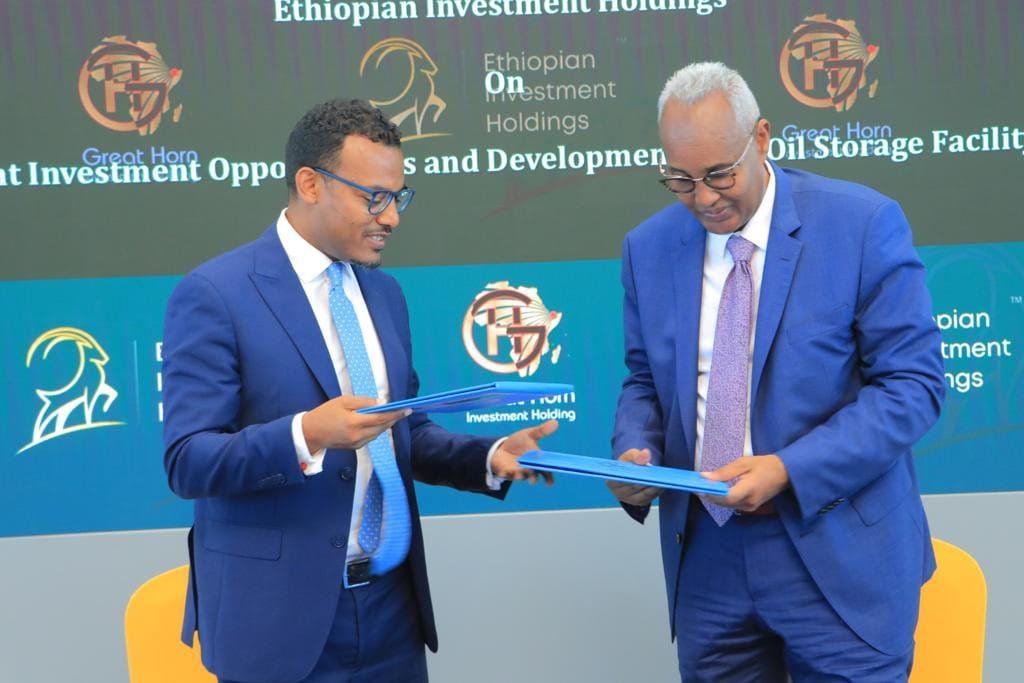Summary
- By 2025, total assets held by African Sovereign Wealth Funds (SWFs) are projected to reach approximately $300 billion.
- In 2025, the largest sovereign wealth fund in Africa will be led by Ethiopia at $46 billion, followed by Algeria at $13 billion and Zambia at $6 billion.
- African SWFs are increasingly investing in national infrastructure, including roads, energy facilities, and digital platforms.
In-Depth Analysis
As Africa faces various economic challenges, shifting from reliance on commodities to the pressing need for infrastructure and resilience against climate change, Sovereign Wealth Funds (SWFs) are becoming crucial for sustainable national growth.
These state-owned investment funds manage surplus revenues from natural resources, promote economic diversification, stabilize government finances, and draw in private investment for major projects.
In recent years, many African nations have significantly boosted their SWF assets, showcasing enhanced fiscal responsibility, improved capital usage, and strategic collaborations with both domestic and international investors. Ethiopia has risen dramatically to become the continent’s leading fund holder, which aids its efforts toward economic stability and resource-led development.
This section details the Top 10 Sovereign Wealth Funds in Africa for 2025, as outlined in the Sovereign Impact Report 2025 by the United Nations SDG Center for Governance of Change, highlighting their asset sizes, governance frameworks, and roles in national development.
10. Ghana – $2 Billion
The Ghana Infrastructure Investment Fund (GIIF) has built a portfolio worth $2 billion. The fund focuses on transportation, logistics, and energy infrastructure. Recent initiatives include supporting port expansions, solar energy projects, and digital infrastructure, in alignment with Ghana’s strategic goal of becoming a logistics hub in West Africa.
9. Angola – $2 Billion
The Fundo Soberano de Angola (FSDEA), established in 2012, is Angola’s Sovereign Wealth Fund that invests in domestic projects, including affordable housing and mechanized agriculture. It collaborates with international financial institutions and entities like the African Development Bank.
8. South Africa – $3 Billion
South Africa manages its Sovereign Wealth Funds through the Public Investment Corporation (PIC) and the Sovereign Development Fund initiative launched in 2022. They focus on transforming industries, enhancing climate infrastructure, and improving the township economy. This fund is structured to attract private investment, blending financial resources in vital sectors like energy transformation and innovation.
7. Tunisia – $3 Billion
Tunisia’s Sovereign Wealth Fund, operated through the Caisse des Dépôts et Consignations (CDC Tunisia), concentrates on funding small and medium enterprises (SMEs), renewable energy, and digital economy projects. It collaborates with international donors and multilateral organizations to finance green growth and job creation initiatives.
6. Nigeria – $3 Billion
Nigeria’s Sovereign Wealth Fund, managed by the Nigeria Sovereign Investment Authority (NSIA), is divided into three sub-funds: Stabilization, Infrastructure, and Future Generations. The NSIA funds critical infrastructure like highways and hospitals, while also managing partnerships in agriculture and energy, and launching a pan-African infrastructure fund.
5. Morocco – $3 Billion
Morocco’s Sovereign Wealth Fund, managed by Ithmar Capital, focuses on private equity and green investments. The fund supports tourism, renewable energy, and real estate projects, aligning with Morocco’s Vision 2025. It has invested in climate-resilient urban development and logistics centers.
4. Botswana – $4 Billion
Founded in 1994 from diamond earnings, Botswana’s Pula Fund maintains a conservative and liquid portfolio to buffer against diamond market swings. It also supports public spending deficits and sustainable economic growth.
3. Zambia – $6 Billion
The Zambia Sovereign Wealth Fund (ZSWF) has rapidly grown due to reforms in the copper and minerals sectors. The fund manages mining royalties and aims to stabilize income, reduce debt reliance, and finance energy, mining infrastructure, and green energy projects.
2. Algeria – $13 Billion
Algeria operates a Revenue Regulation Fund that serves mainly as a fiscal stabilizer, funded by oil and gas revenues. This Sovereign Wealth Fund absorbs the impact of fluctuating commodity prices and finances social and infrastructure spending during economic downturns.
1. Ethiopia – $46 Billion
Led by Ethiopian Investment Holdings (EIH), Ethiopia stands as Africa’s largest SWF, despite being one of the newest, established in 2021. This fund plays a pivotal role in Ethiopia’s state-led capitalist approach, incorporating over 27 state enterprises, including Ethiopian Airlines and Ethio Telecom. It focuses on massive infrastructure projects, industries aimed at exports, and domestic financial markets, recently investing in the newly established Ethiopian Securities Exchange.


